Theory Research
Theoretical computer science research at URCS focuses on algorithms, computational complexity, and randomness/pseudorandomness, and on their connections to and applications in a wide range of fields: combinatorics, computational social choice theory, cryptography, economics, Markov chains/counting, security, and much more.
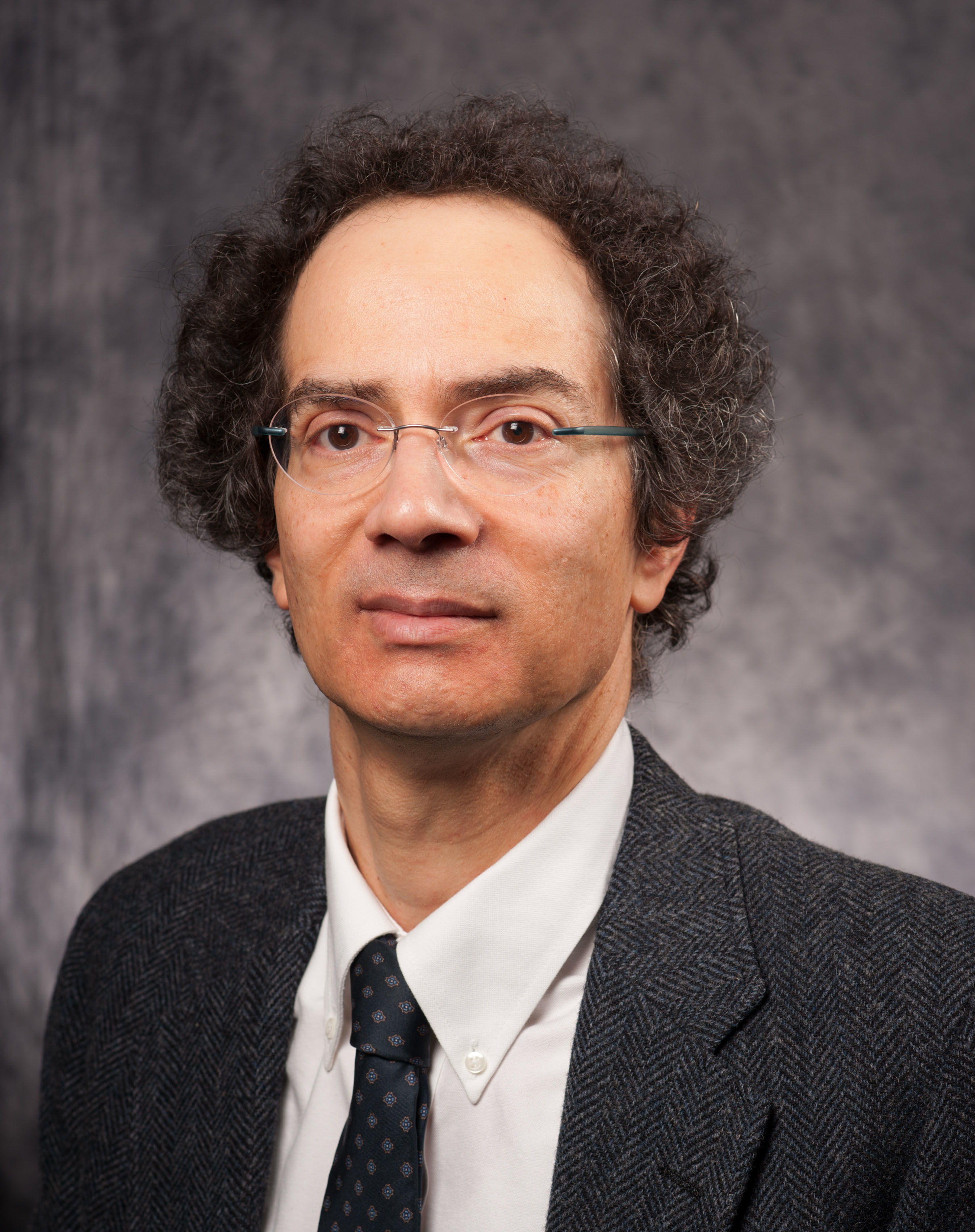
Hemaspaandra, Lane A.
Professor of Computer Science
- Office Location
- 2317 Wegmans Hall
- Web Address
- Website
Interests: Computational social choice (elections, preference aggregation, power indices, etc.); Computational complexity theory (counting-based computation, probabilistic computation, unambiguous computation, the importance of query order when accessing databases, the study of efficient algorithms for complex sets, complexity-theoretic aspects of security, fault-tolerance, and data compression, etc.)

Hosseini, Kaave
Assistant Professor of Computer Science
- Office Location
- 2507 Wegmans Hall
- Web Address
- Website
Interests: Theoretical computer science; Additive combinatorics; Pseudorandomness; Discrete Fourier analysis

Kahng, Anson
Assistant Professor of Computer Science and Data Science
- Office Location
- 2401 Wegmans Hall
- Web Address
- Website
Interests: Computational social choice; Democracy and computer science; Economics and computation; Artificial intelligence; Theoretical computer science; Algorithmic game theory
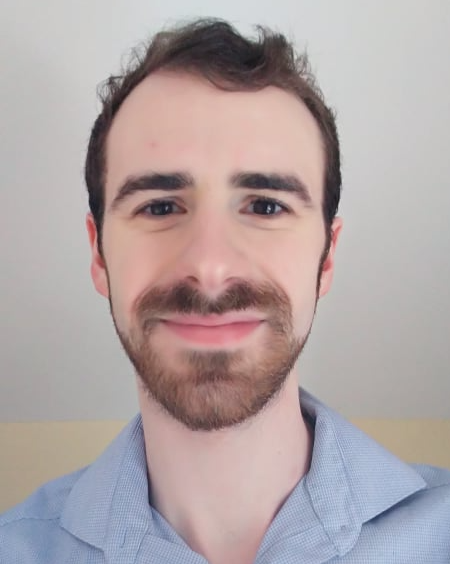
Read-McFarland, Andrew
Assistant Professor of Computer Science (Instruction)
- Office Location
- 2105 Wegmans Hall
- Web Address
- Website

Seiferas, Joel I.
Professor Emeritus of Computer Science
- Web Address
- Website
Interests: Theoretical computer science; Computational complexity; Algorithms; Automata
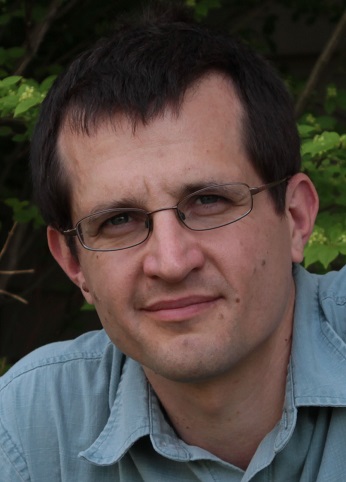
Stefankovic, Daniel
Professor of Computer Science
- Office Location
- 2315 Wegmans Hall
- Web Address
- Website
Interests: Theoretical computer science: graph theory, combinatorics, Fourier transform, Markov chains/counting, learning theory, phylogeny, game theory, graph equations, routing
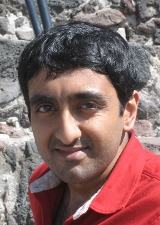
Venkitasubramaniam, Muthuramakrishnan
Visiting Research Associate Professor of Computer Science
- Web Address
- Website
Interests: Cryptography; Complexity Theory
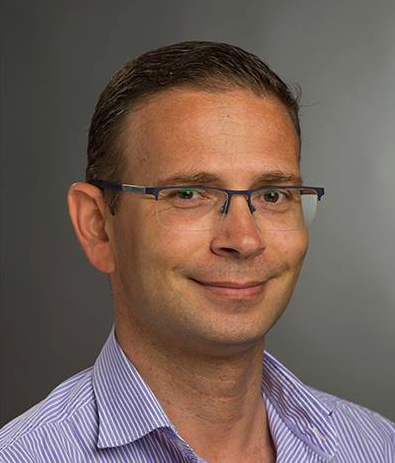
Zhupa, Eustrat
Assistant Professor of Computer Science (Instruction)
- Office Location
- 2107 Wegmans Hall
- Telephone
- (585) 275-9499
- Web Address
- Website
